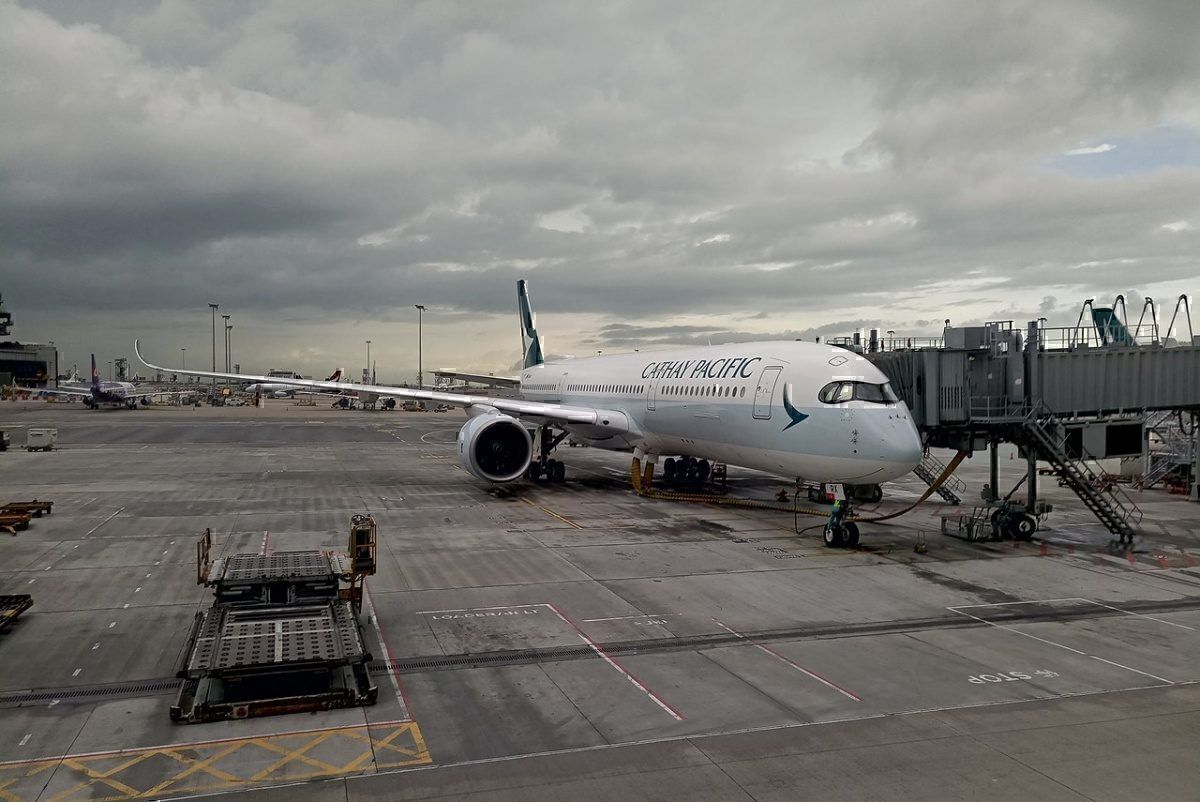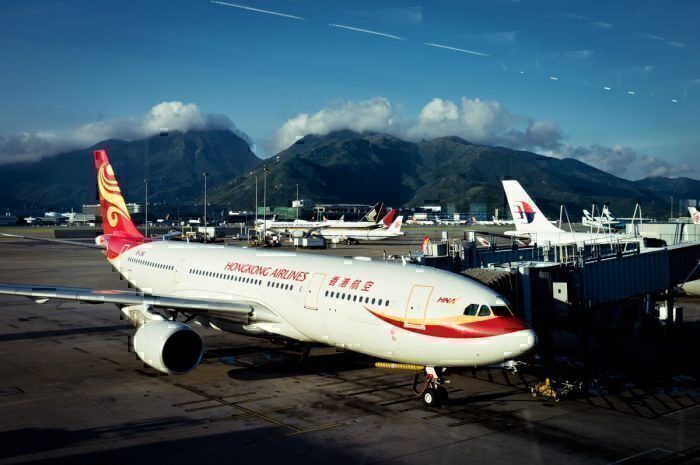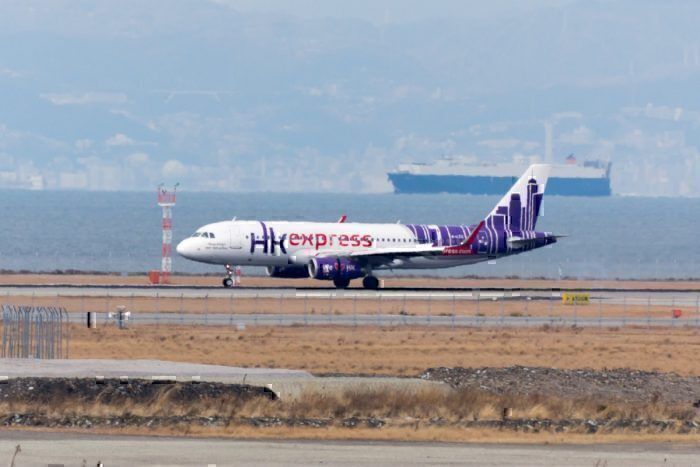Continued mass protests in Hong Kong have forced local carriers Cathay Pacific and Hong Kong Airlines to cancel hundreds of flights between them. Alongside wider disruptions, striking aviation workers have severely reduced airlines’ ability to run services into and out of the regional hub.
The fifth day of protests
Hong Kong witnessed more civil unrest over the weekend in reaction to a proposed extradition bill which will represent a significant change in the power dynamic with Beijing. Many Hong Kongers see the bill as an infringement of the governing principle of ‘one country, two systems’.
The Hong Kong protests spilled over into their fifth consecutive day and, as of yet, show no sign of dying down. The protests have also been compounded by a general strike, the first in Hong Kong for over fifty years.
As reported by CNN today, more than half of the 2,300 aviation workers who joined the general strike are Cathay Pacific cabin crew and pilots. As a result of this severely reduced capacity and wider disruption of services, Cathay Pacific issued a travel advisory for passengers traveling into and out of Hong Kong International Airport.
As Hong Kong’s largest airline, Cathay Pacific has been worst affected by the current unrest caused by the Hong Kong protests, having been forced to cancel 150 flights. Cathay Pacific’s smaller competitor, Hong Kong Airlines, has also suffered as a result of the disruption, itself forced to cancel 30 flights.
Cathay Pacific's wider fortunes
The unexpected chaos caused by the Hong Kong protests will undoubtedly have an effect on Cathay Pacific’s revenues in the short term. Lost revenue from canceled flights can quickly add up, especially when costs associated with passenger compensation and general administration are taken into account.
However, Cathay Pacific posted an impressive profit of $293 million for 2018, following a loss of $160 million in 2017. This recent turnaround in fortunes came about as a result of strong performance in both its freight and passenger operations.
At the start of the year, Cathay Pacific announced plans to expand its route offering out of Hong Kong to take advantage of further passenger growth. It also recently completed a takeover of Hong Kong Express, the budget carrier also based out of Hong Kong International Airport.
The deal, reportedly worth $632 million, means that three of the four airlines based out of Hong Kong are now owned by Cathay Pacific.
How do airlines deal with major disruptions?
Disruptions on this scale tend to be rare, but small delays and cancellations due to weather or aircraft issues are common.
One of the first steps to minimizing disruption for passengers is communication. Early warnings via text or email can save customers a fruitless journey in the case of an outright flight cancellation. If enough notice is given, they may also have time to make alternative travel arrangements.
The Hong Kong disruptions have affected hundreds of flights, so the possibility of securing a valid rebooked flight, in this case, is minimal.
Cathay Pacific has, however, released a statement announcing that all rerouting and rebooking charges will be waived worldwide on Cathay Pacific and Cathay Dragon flights.
Have you been affected by problems at Cathay Pacific or Hong Kong Airlines? Let us know in the comments.



